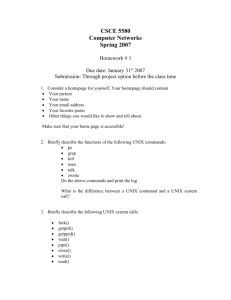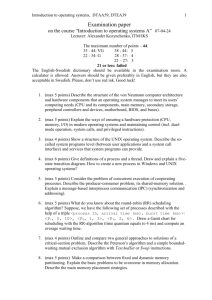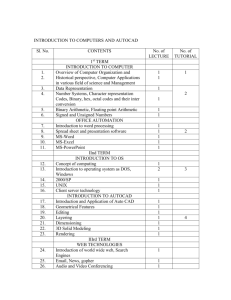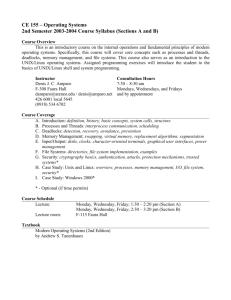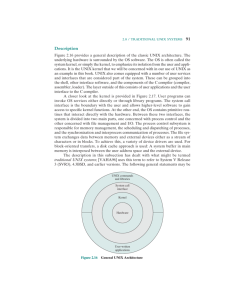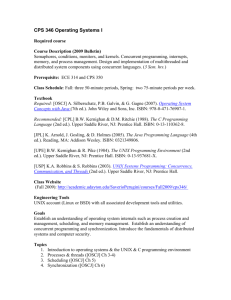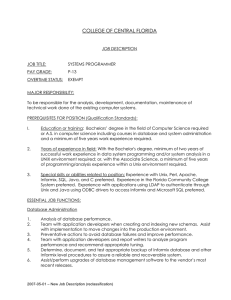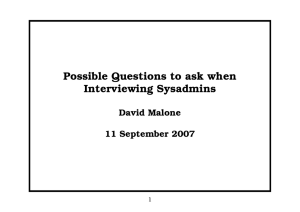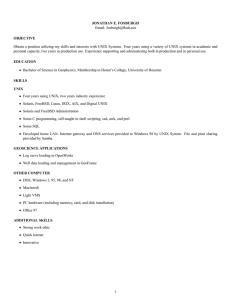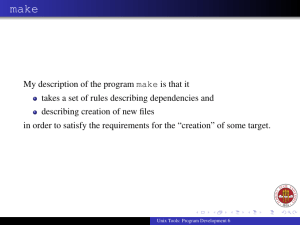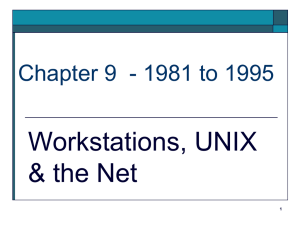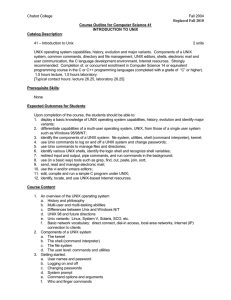Slide 1 - Department of Computer Science
advertisement
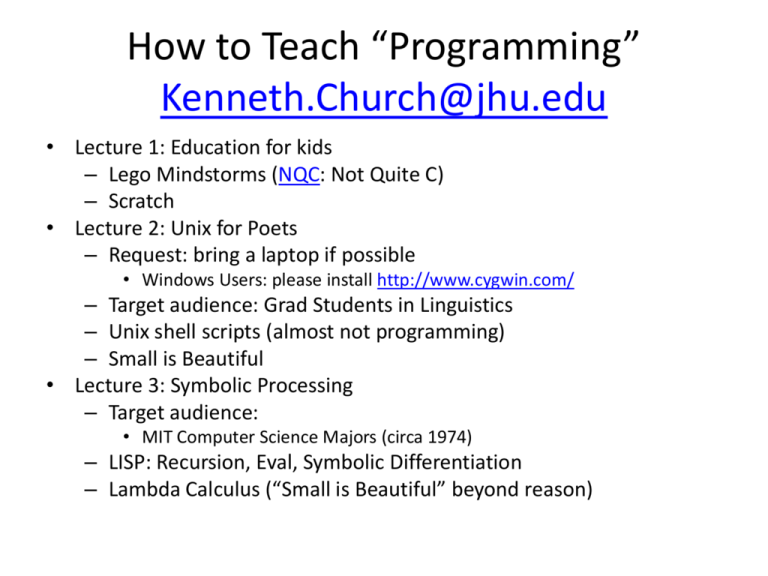
How to Teach “Programming” Kenneth.Church@jhu.edu • Lecture 1: Education for kids – Lego Mindstorms (NQC: Not Quite C) – Scratch • Lecture 2: Unix for Poets – Request: bring a laptop if possible • Windows Users: please install http://www.cygwin.com/ – Target audience: Grad Students in Linguistics – Unix shell scripts (almost not programming) – Small is Beautiful • Lecture 3: Symbolic Processing – Target audience: • MIT Computer Science Majors (circa 1974) – LISP: Recursion, Eval, Symbolic Differentiation – Lambda Calculus (“Small is Beautiful” beyond reason) Agenda • Old Business – Homework from last week • New Business – Requests for Next Week • Today’s Lecture – Unix for Poets Requests for Next Week • Bring Laptops (again) – Install LISP: http://www.newlisp.org/ – Read “The Roots of LISP” (see Lecture3/jmc.PDF on CD or http://lib.store.yahoo.net/lib/paulgraham/jmc.ps) • Homework (nothing to hand in): – Read: Basics of the Unix Philosophy • http://www.faqs.org/docs/artu/ch01s06.html • Fun (optional): http://www.cs.dartmouth.edu/~sinclair/doug/?doug=mcilroy – Continue exercises in Unix For Poets • M&Ms/Lecture2/unix_for_poets.pdf • Try to finish at least pp. 1-26 (better: pp. 1-37) – Incompatibility notes: • You may have to skip exercises that depend on “spell” • Arguments to sort are not the same on Macs (see man) Unix has survived the test of time Better than many… Why? • Doug McIlroy • Small is Beautiful • Portability – Everything had to run everywhere – Pipes Parallelism (with multiple cores) • Documentation – Taken seriously – Publish or Perish – Brian Kernighan
